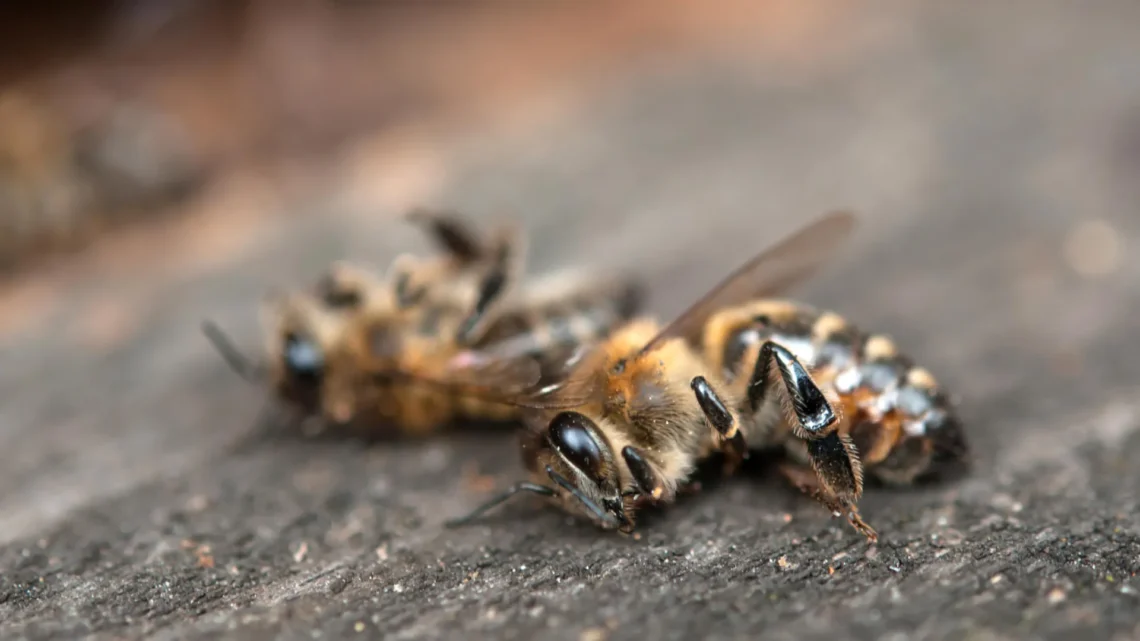A new study from the University of North Carolina at Chapel Hill reveals that insect populations are declining rapidly, even in natural landscapes that remain largely untouched by human activity. This raises important concerns for the health of ecosystems that rely on these vital creatures.
Keith Sockman, an associate professor of biology at UNC-Chapel Hill, studied the abundance of flying insects over 15 seasons from 2004 to 2024 in a subalpine meadow in Colorado. This location boasts 38 years of weather data and experiences minimal human interference. He found that insect abundance is decreasing at an average annual rate of 6.6%, resulting in a staggering 72.4% drop over the 20-year period. Notably, this substantial decline appears to correlate with rising summer temperatures.
“Insects hold a critical, albeit underappreciated, position in the biodiversity crisis due to their essential ecological roles, such as nutrient cycling and pollination, along with their susceptibility to environmental changes,” Sockman explained. “They are vital for the proper functioning of both terrestrial and freshwater ecosystems.”
The findings address a significant gap in global insect research. While many studies concentrate on insect declines in habitats affected by human activities, few explore populations in relatively unaltered areas. This research indicates that severe losses can happen even where human influence is minimal, suggesting that climate change might be a primary cause.
“Recent studies highlight significant declines in insect populations across various human-altered ecosystems, particularly in North America and Europe,” Sockman noted. “Most of these studies focus on ecosystems that have experienced direct human impact or are surrounded by such areas, raising important questions about insect declines and their causes in more pristine environments.”
Sockman stresses the urgency of these findings for biodiversity conservation: “Mountains are home to a disproportionately high number of locally adapted endemic species, including insects. Therefore, the status of mountains as biodiversity hotspots could be in serious danger if the trends observed here are indicative of broader patterns.”
This research highlights the need for more extensive monitoring of insect populations across diverse landscapes and emphasizes the urgency of addressing climate change. By showing that even remote ecosystems are not immune, the study underscores the global nature of the biodiversity crisis.
Summary: A study from the University of North Carolina at Chapel Hill reveals a dramatic decline in insect populations—72.4% over 20 years—even in relatively undisturbed landscapes. This trend, linked to rising summer temperatures, emphasizes the urgent need for comprehensive monitoring and action to address climate change, as insects play crucial roles in ecosystem health.




